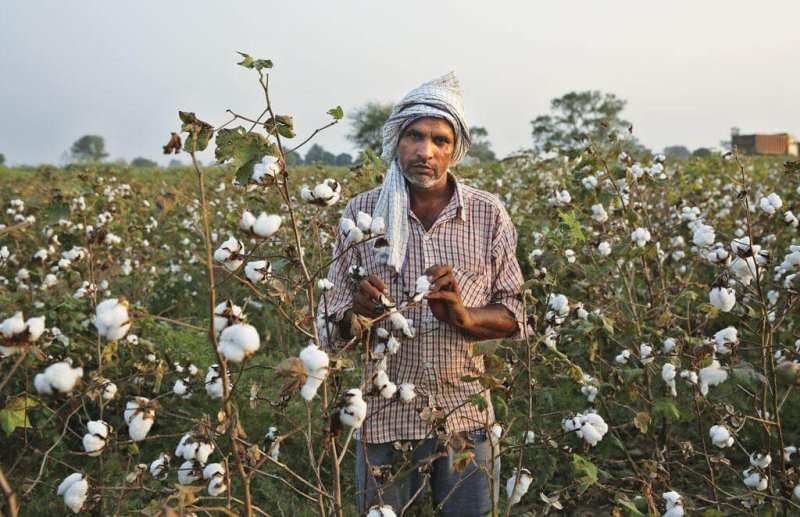In the year 2022, Bt cotton will complete two decades of cultivation in India. Despite the challenges of misinformation, the technology has enjoyed the confidence of farmers, researchers and policymakers.
…
The extent of achievement can be drawn from the fact that about 11.7 million hectares (93.6 percent) of total 12.5 million hectares under cotton cultivation in 2019-20 was planted with Bt cotton seeds.
There is no doubt that Bt cotton has not only benefited the farmers, but also the textile industry, oil industry and boosted our economy. According to the Directorate of Economics and Statistics, Ministry of Agriculture, Government of India, over the last decade, cotton yields in the country increased by more than 300%; pesticide consumption reduced by ~ 50%; acreage increased by 150% and production increased by 400%. This technological advancement enabled over 7 million farmers earn an additional farm income of USD 16.69 billion.
India’s farmers face numerous uncertainties and crop management challenges, which affect farm yields and incomes and knowledge of cultivation and correct agronomic practices make a significant impact. What is required today is an increase in extension efforts, to help increase knowledge of good agricultural practices amongst India’s agrarian communities.































